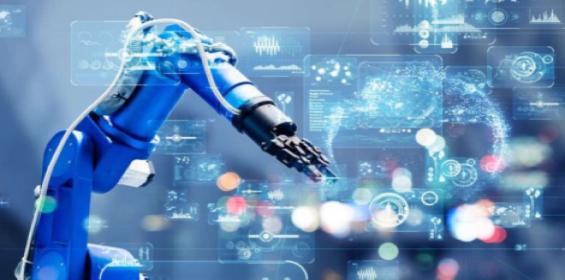UK manufacturing at a crossroads under new Labour Government
Published: 28 August, 2024
The recent general election has ushered in a new political chapter for the UK under the leadership of Labour’s Sir Keir Starmer. This change in direction could significantly impact the UK’s manufacturing and engineering sectors, with a host of new opportunities and challenges on the horizon.
Under Starmer’s leadership, there is a clear focus on green technologies and sustainable practices. With the government’s ambitious plans to tackle climate change, UK manufacturers will need to navigate stricter environmental regulations while also seizing the opportunities that come with increased investment in clean energy. This drive towards sustainability is set to reshape how manufacturing operates in the UK, encouraging innovation in everything from production processes to supply chain management. The challenge for manufacturers will be to stay ahead of these shifts, aligning themselves with new government standards and taking full advantage of the incentives available for green innovation.
Infrastructure development is another key area where the new Labour government’s policies could influence UK manufacturing. With pledges to modernise the UK’s transport and energy infrastructure, there is likely to be increased demand for high-quality materials, advanced manufacturing techniques, and precision engineering. Major projects such as rail network expansions and renewable energy developments will create opportunities for companies to contribute to the rebuilding and upgrading of the nation’s infrastructure.
At the same time, the push towards digitalisation and Industry 4.0 will bring the challenge of staying technologically competitive. The government’s focus on boosting automation and enhancing digital infrastructure is set to transform how manufacturing works in the UK. This transformation will require substantial investment in smart technologies and automation solutions, alongside a renewed emphasis on workforce training and upskilling. Collaboration between industry and educational institutions will be critical in ensuring that the UK’s manufacturing workforce is prepared for the demands of a more digitised and automated future.
On the global stage, the new administration’s trade policies could reshape the UK’s international trade relationships. The pursuit of new trade agreements, particularly with key global markets, could open additional doors for UK-manufactured goods. However, navigating these new trading environments will require manufacturers to stay adaptable, ensuring they meet both domestic and international regulatory standards.
Sir Keir Starmer’s tenure as Prime Minister brings with it both uncertainties and opportunities for UK manufacturers. Adapting to new environmental regulations, capitalising on infrastructure investments, embracing digitalisation, and preparing for shifts in international trade will be essential strategies for success in this new political landscape. The ability to remain flexible, forward-thinking, and ready to innovate will determine how well the sector navigates the road ahead.







